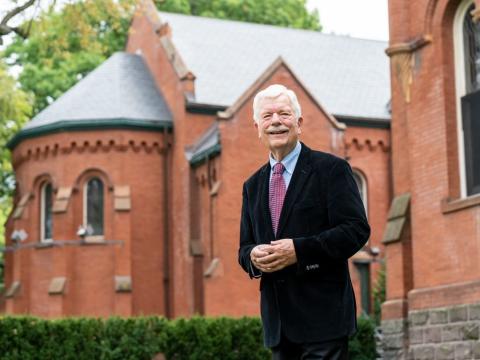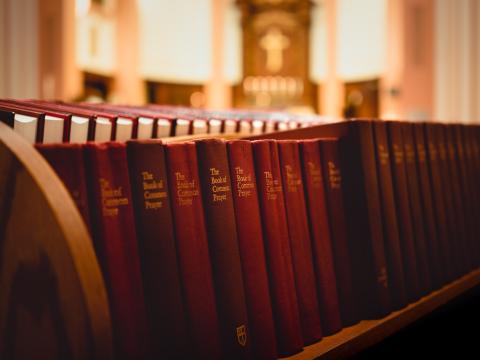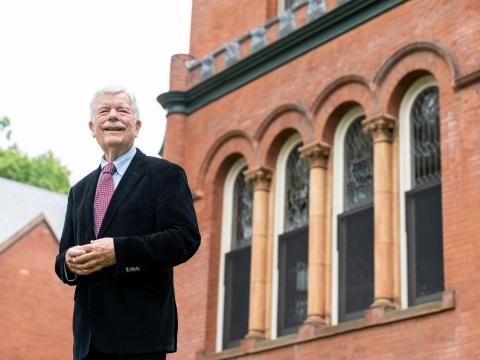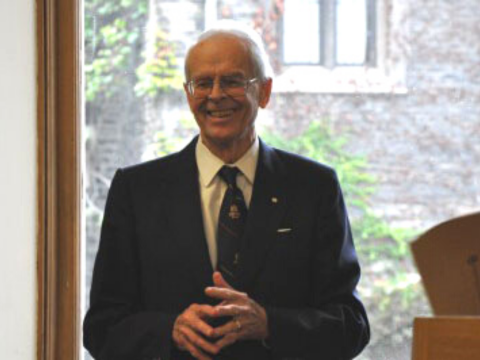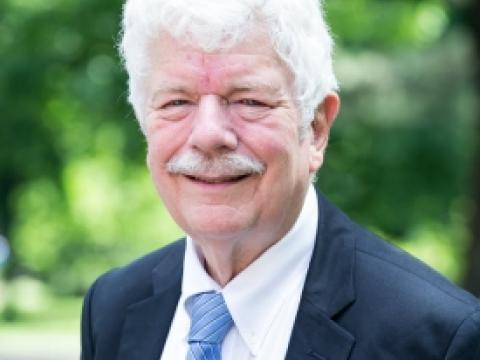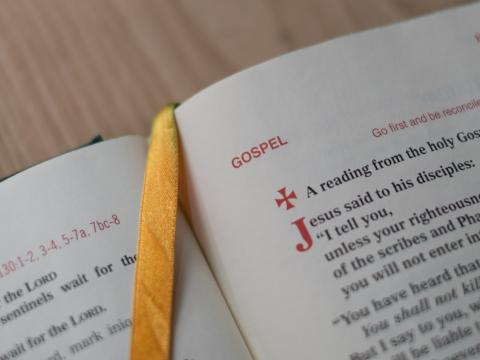Jesus, the Napalm Girl, and Us
If you’re near my age, or older, you likely remember seeing this photo in a newspaper in June 1972, probably on page one. It shows nine-year-old Phan Thi Kim Phuc, her clothes and most of her skin burned off by a napalm bomb that had just been dropped on her village from a South Vietnamese Skyraider military aircraft. Her face distorted by pain, she’s running down Route 1 in Trang Bang, South Vietnam, trying to shake off the agony.
Read more

